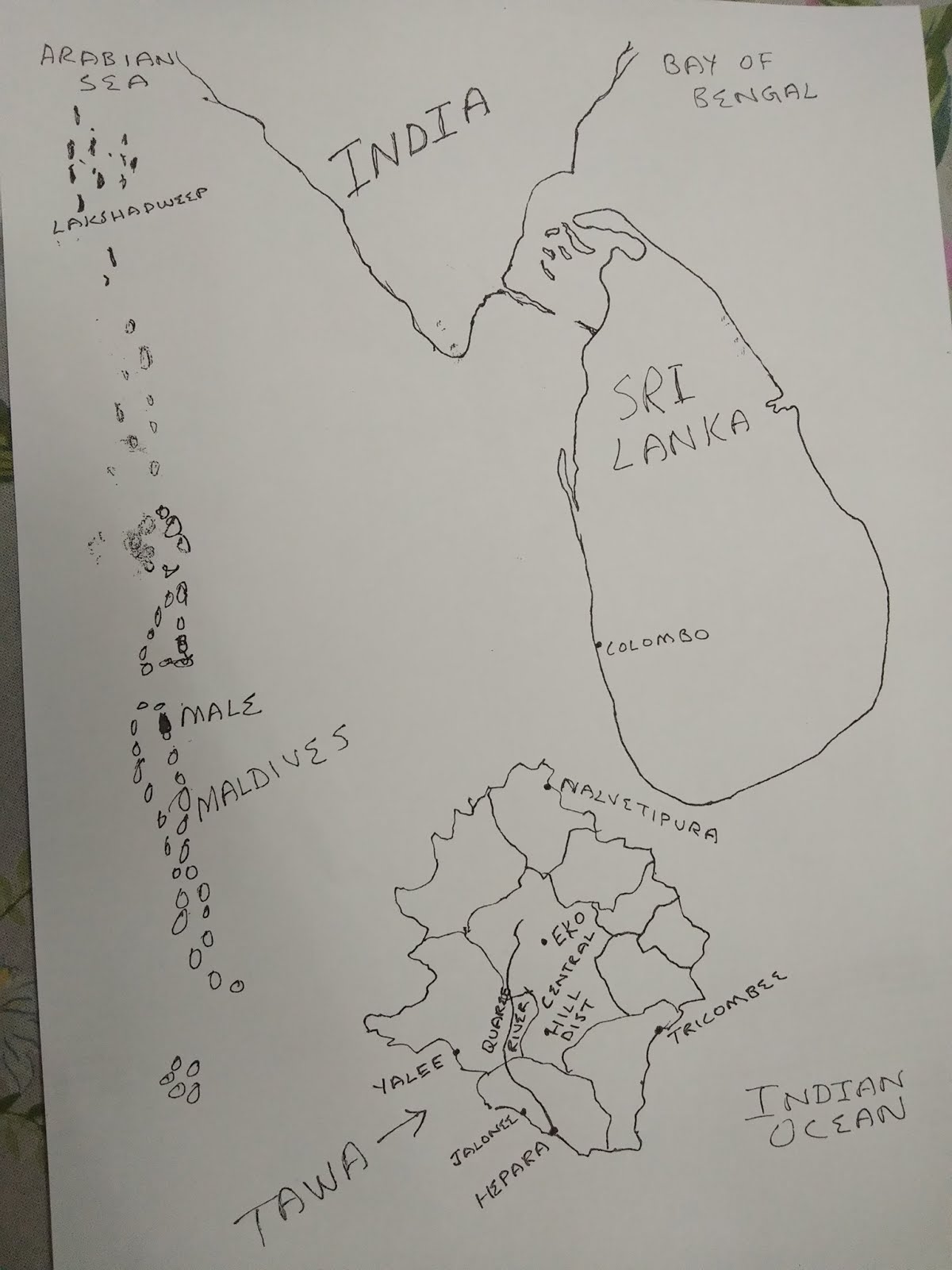Friday 9 November 2012
Book Review: The Quest of the Sparrows, by Kartik Sharma and Ravi Nirmal Sharma
Son-Father duo, Kartik Sharma and Ravi Nirmal Sharma, have taken inspiration from the carefree life of the sparrow, which doesn’t worry too much and yet leads a happy and carefree life, to write a book which may be classified as ‘spiritual’ or ‘self-help’ or ‘self-awareness’ or a combination of all of these. This book could be called a novel, since it is structured in the form of a story, one that revolves around young Swami Partibhan and is narrated by two of Partibhan’s followers and by Partibhan himself. Partibhan has inherited his guru-hood from his father, Swami Parmanand. Until his father’s death, Partibhan is very far away from the path intended for him. He is hounded by loan sharks who have already chopped off one of his fingers. He is dating a nice girl Shruti, the daughter of a rich industrialist, but doesn’t have the money to marry her. Partibhan is motivated by money more than anything else as he accepts his dying father’s request to take over leadership of his ashram.
Once Partibhan takes over from his father, a man he had despised since childhood for having abandoned him and his mother, he starts his quest for practical spirituality. Leading a bunch of enthusiastic followers, Partibhan goes on a long journey by foot, carrying neither money nor food. In other words, they are sparrows. Among Partibhan’s followers are Nikhil, an NRI from the US who is divorced and has been abandoned by his daughter and his girl-friend, Sanjeev, a detective who’s keeping tabs on Swami Partibhan in the hope of exposing him as a fake, Shruti, Subhir and Vibha and many others. Nikhil and Sanjeev are two of the narrators. On the way, two brothers, Ajoy and Bijoy, join the group. The long journey leads to a number of interesting experiences and lessons for everyone, including the reformation of a dangerous dacoit, the miraculous saving of one bitten by a snake and another afflicted by cancer. Do all of those who followed Swami Partibhan on his quest learn to live a carefree, sparrow-like life? Please read this book to find out.
The analogy of the sparrow reminded me of the biblical verse (Matthew 6:26): ‘Look at the birds of the air; they do not sow or reap or store away in barns, and yet your heavenly Father feeds them. Are you not much more valuable than they?’ The authors make various references to Jesus and Krishna and other prophets, all of which make this book even more interesting. I will not play spoilsport and say anything more here. Please read this book to find out for yourself.
The Quest of the Sparrows does not merely advocate that human beings stop worrying and lead carefree lives like sparrows. It goes much beyond that. According to the authors, every human being has a divine in him or her. The most useful thing anyone can do is to search and find that inner divine. ‘The one who’s always subconsciously connected to the Divine, the higher self, can actuate all the qualities the Divine grants to human beings.’ Thus we see Nikhil impulsively play the guitar and play it very well, though he has been out of practice for decades. We are told that ‘if you want to play for the Divine, all the skills will return.’ On a serious issue such as whether charity is better than meditation and self-evolution, the authors tell us, through Swami Partibhan, that charity is unsustainable without meditation. All human activities become meaningless and lack divine presence without meditation. ‘Why do poverty, disease, misery and sickness exist? Because the glorious potential and talent within every human being remains untapped. Why is one man better than the other in the material world? Because he is more aware of the world! Why is still another more creative than the rest? Because he is more aware of himself and his strengths! How, then, to achieve higher awareness?’ The answer, according to the authors, lies in meditation since ‘whatever good exists in you is because of a moral system or discipline you developed. Morality comes from spirituality. If you look at any crisis you face, you’ll realise it stems from a breakdown of moral values at some point.’
Even though one may not agree with everything the authors say, the questions raised are important and pertinent to modern society and the answers given are at the least, thought provoking. This book is an excellent read not only for those looking for answers to their inner needs but also for those curious about spirituality and self-awareness.
Subscribe to:
Post Comments (Atom)







No comments:
Post a Comment